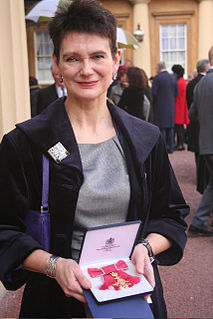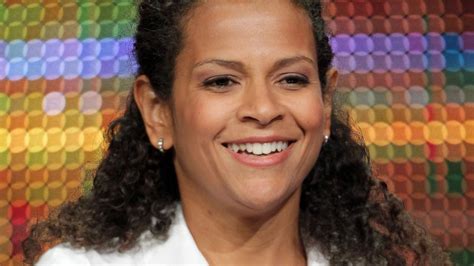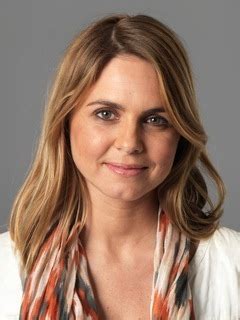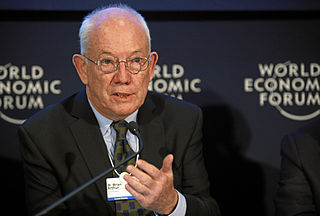A Quote by Diane Coyle
If you don’t want to cry about the state of the economy, why not laugh instead? This book is an ideal introduction to the subject for anybody who thinks they ought to understand what’s happening around them but is put off by the usual dense text and economics jargon.
Related Quotes
There isn't a sense of well-being and optimism about the nation's future, but that hasn't attached itself to the Democrats for some reason. They are not accountable. It certainly hasn't attached itself to Obamacare. That's why Hillary Clinton can run around and talk about the need to improve the economy. She ought to be dead politically on that score right there. She ought not be able to cite the economy at all as a positive. She ought not have any credibility at all on the economy.
Our bodies, speeches and minds need to be trained so that they will do anything we want. We can cry or laugh at once when we want to. Then it will be a natural response; we will cry when it is time to cry, and laugh when we should laugh. Do you understand? We can get angry when necessary; we can be gentle if we have to. We will completely become our own master. Then, no matter what we want to do, it will benefit the world. It is not difficult to attain this stage; all we need to do is to mediate.
We had collaborated with Allen Ginsberg on one of his last projects just before he died in the spring of '97, a book called Illuminated Poems - it was Allen's poems and songs and I illustrated them. Or, I illuminated them with paintings and drawings that bounced off of them. You want the picture to relate to the text without it slavishly regurgitating it or merely illustrating it, because that's redundant. You want to show another angle of what the text is saying.
Like when you pick up a book and you don't realize what type of text it is - it could be an essay, a novel, a biography - and at one point you realize you don't know where, as a reader, you want to be. Where are you going with this text? What is the goal? How are you supposed to interpret what you're reading? And people's responses vary - some dislike it, and are put off by the confusion, the lack of comprehension.
The angels laugh at old Karl. They laugh at him because he tries to grasp the truth about God in a book of Dogmatics. They laugh at the fact that volume follows volume, and each is thicker than the previous ones. As they laugh, they say to one another, ‘Look! Here he comes now with his little pushcart full of volumes of the Dogmatics!’—and they laugh about the persons who write so much about Karl Barth instead of writing about the things he is trying to write about. Truly, the angels laugh.



































